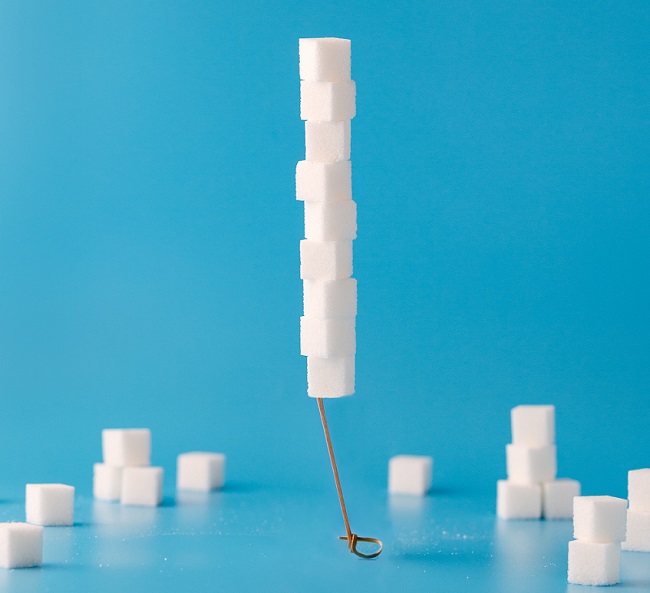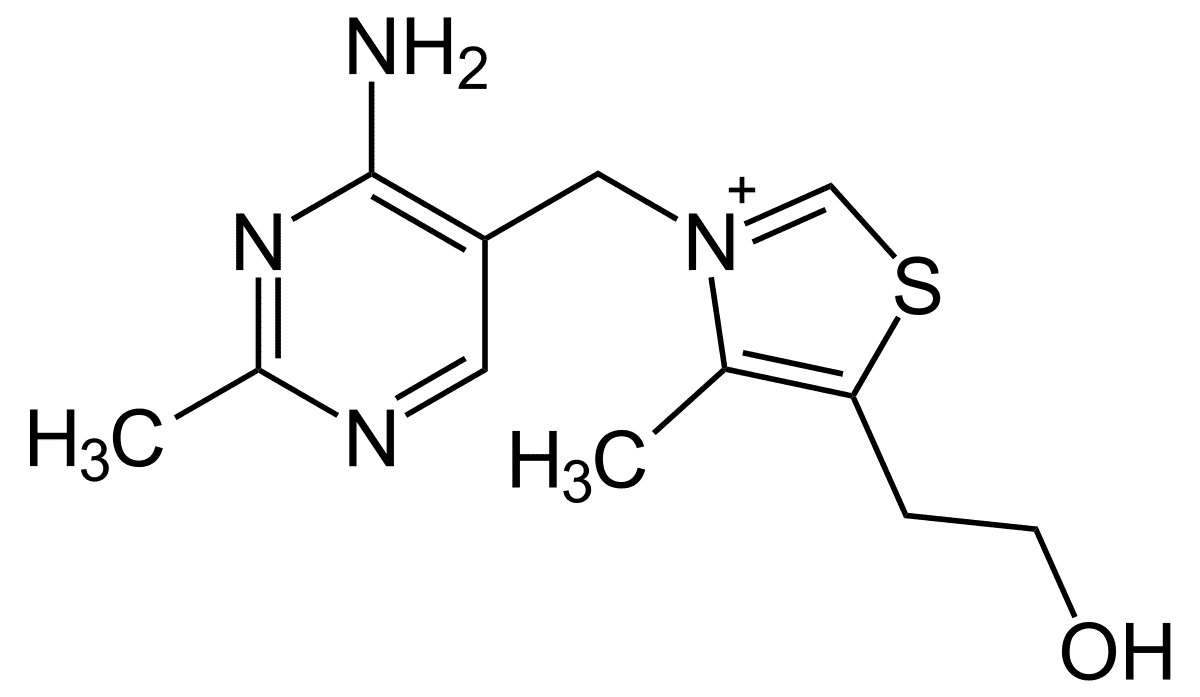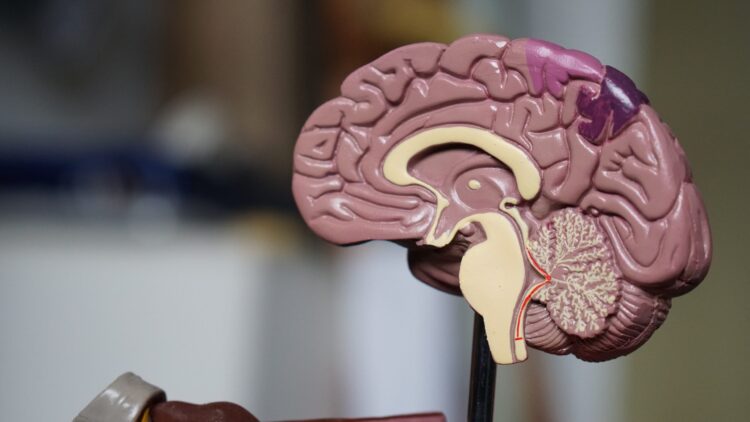TheSir
Member
- Joined
- Jan 6, 2019
- Messages
- 1,952
I
My problem is that I can't take much D without making my twitching, palpitations and breathing issues worse. The reason likely is that though high levels of D increase Mg absorption, initially D uses up Mg. Concurrent low D & low Mg is a catch-22: without D your cells won't absorb Mg, with D your cells will lose Mg into D metabolism.
In the past week I've begun working around this issue by introducing D gradually 5 mcg at a time while megadosing Mg.Any time my problems worsen, I either hold the dose or go back one step until the situation becomes easier. Even though I'm at ~25mcg only, I'm pleased to tell you that my breathing issues seem to be lessening and I feel all around slightly better day by day. I'm now also able to take large doses of kelp-iodine, which used to worsen my twitching and air hunger.
So I think D deficiency-induced functional Mg deficiency could play a part in your issues too. To answer your original question, I've also been taking calcium with magnesium at 2:1 ratio, which may have done something too.
Btw thiamine uses up Mg too. That might be why you feel worse with it
Due to low D, it could be low magnesium in spite of the supplementation. I have been supplementing Mg to bowel tolerance limit for a year (up to 1g at times like you) and my blood Mg is at the upper ceiling of the reference range. In spite of this my cellular Mg has remained low in all of my hair tests... except for one. What was different back then? I was taking a Mg supplement with some D added.Could a lack of calcium cause severe breathing issues ? I was taking high doses of magneisum when this all began as well, and I don’t eat much calcium since I’m lactose intolerant but my calcium serum levels are always normal. My vitamin d is also a bit low
My problem is that I can't take much D without making my twitching, palpitations and breathing issues worse. The reason likely is that though high levels of D increase Mg absorption, initially D uses up Mg. Concurrent low D & low Mg is a catch-22: without D your cells won't absorb Mg, with D your cells will lose Mg into D metabolism.
In the past week I've begun working around this issue by introducing D gradually 5 mcg at a time while megadosing Mg.Any time my problems worsen, I either hold the dose or go back one step until the situation becomes easier. Even though I'm at ~25mcg only, I'm pleased to tell you that my breathing issues seem to be lessening and I feel all around slightly better day by day. I'm now also able to take large doses of kelp-iodine, which used to worsen my twitching and air hunger.
So I think D deficiency-induced functional Mg deficiency could play a part in your issues too. To answer your original question, I've also been taking calcium with magnesium at 2:1 ratio, which may have done something too.
Btw thiamine uses up Mg too. That might be why you feel worse with it
Last edited:






